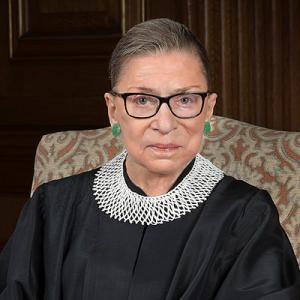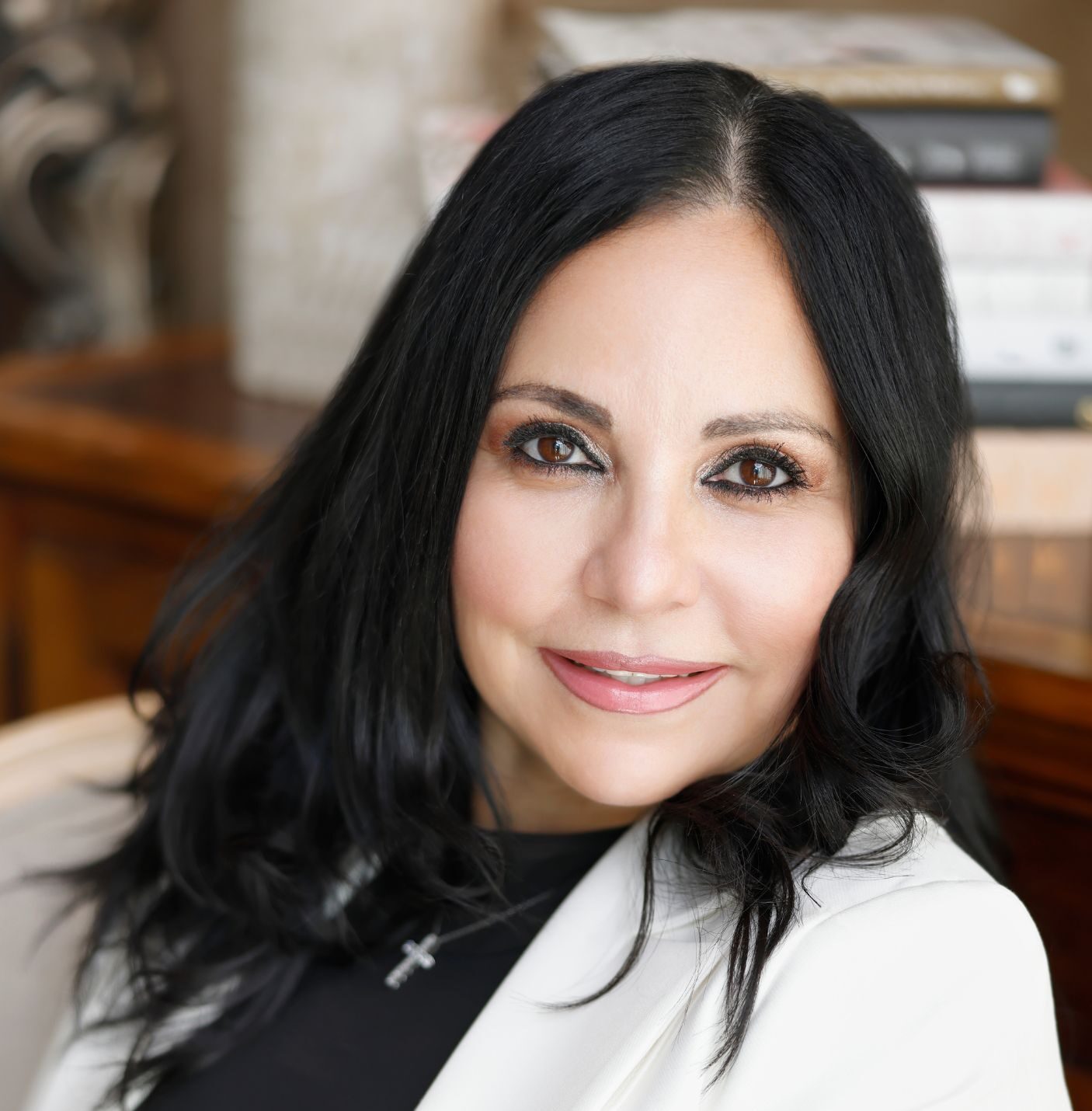Ruth Bader Ginsburg, affectionately known as “R.B.G.,” redefined gender equality and shattered barriers for women in law, becoming a powerful symbol of empowerment and justice. As the second woman and first Jewish woman to serve on the U.S. Supreme Court, her career was marked by groundbreaking achievements that continue to inspire women worldwide.
Born in 1933 in Brooklyn, New York, Ginsburg excelled academically despite facing significant gender discrimination. One of only nine women in her Harvard Law class of 500, she often experienced exclusion, yet this only strengthened her resolve. After transferring to Columbia Law School, she graduated at the top of her class in 1959, but struggled to find employment due to her gender. This experience shaped her lifelong commitment to fighting gender discrimination.
Ginsburg’s advocacy for women’s rights took center stage when she co-founded the ACLU’s Women’s Rights Project in 1971. She argued six landmark cases before the Supreme Court, winning five of them, and successfully challenged laws that perpetuated gender inequality. These victories laid the legal groundwork for many of the gender equality protections we see today.
Appointed to the Supreme Court in 1993, Ginsburg continued her fight for justice. Her ruling in United States v. Virginiaended the exclusion of women from the Virginia Military Institute, and her dissent in Ledbetter v. Goodyear spurred the passage of the Lilly Ledbetter Fair Pay Act, a milestone in closing the gender pay gap.
Ginsburg’s legacy goes beyond her legal victories. Her life is a testament to resilience, perseverance, and the belief that progress is possible through determined action. She inspired generations of women to break down barriers and proved that no obstacle is insurmountable with dedication and courage. Her influence remains a guiding light for women seeking empowerment and equality.











